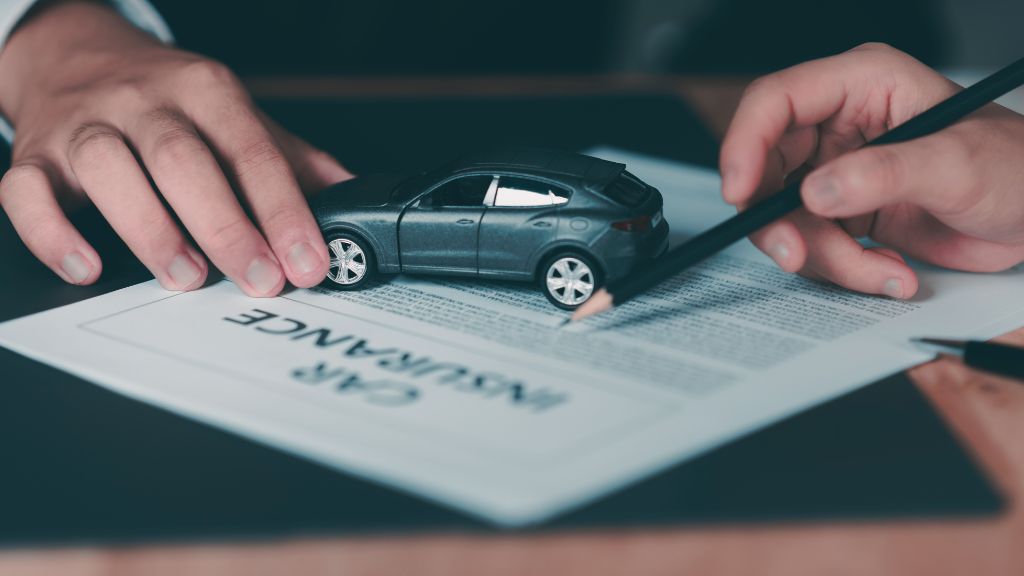Understanding loans and their implications is crucial for managing personal finances. While loans can help you achieve goals like buying a home, starting a business, or getting an education, they come with risks. One significant risk is the potential seizure of your property if you default on certain types of loans.
In this blog, we’ll explore what types of loans could result in the seizure of your property and how to manage these loans responsibly.
What is Property Seizure?
Property seizure, or foreclosure/repossession, happens when a lender takes your property because you didn’t pay back a loan. This typically occurs with loans secured by collateral, meaning the loan is guaranteed by something you own. If you can’t repay the loan, the lender can take your asset to recover their money.
What Types Of Loans Could Result In The Seizure Of Your Property?
Several types of loans can result in the seizure of your property if you fail to meet your repayment obligations. Let’s look at the most common ones:
1. Mortgages
What is a Mortgage?
A mortgage is a loan used to buy real estate, like a house, with the property acting as security for the loan.
How Can Property Seizure Happen?
If you can’t pay your mortgage, the bank can take your house through a legal process called foreclosure. They sell it to get back the money you owe.
Example
Imagine you buy a house worth $300,000 with a mortgage. You pay a down payment of $60,000 and take a mortgage for the remaining $240,000. If you fail to make your monthly mortgage payments, the bank can foreclose on your home, meaning they can take it and sell it to recover the loan amount.
2. Home Equity Loans
What is a Home Equity Loan?
A home equity loan allows you to borrow money by using the value of your home that you’ve paid off. It’s the difference between what your home is worth now and what you still owe on your mortgage.
How Can Property Seizure Happen?
If you default on a home equity loan, the lender can foreclose on your home, just like with a mortgage. This is because your home serves as collateral for the loan.
Example
Suppose your home is valued at $200,000, and you have $100,000 remaining on your mortgage. You have $100,000 in equity. If you take out a home equity loan for $50,000 and fail to make payments, the lender can foreclose on your home to recover the loan amount.
3. Auto Loans
What is an Auto Loan?
An auto loan is money you borrow to buy a car. If you can’t pay back the loan, the lender can take the car away.
How Can Property Seizure Happen?
If you default on your auto loan payments, the lender can repossess your car. Repossession means the lender takes back the car because you failed to make the agreed payments.
Example
You buy a car worth $20,000 with an auto loan. If you fail to make your monthly payments, the lender can repossess your car, meaning they can take it back and sell it to recover the loan amount.
4. Personal Loans with Collateral
What is a Personal Loan with Collateral?
Certain personal loans are backed by assets like a savings account, car, or belongings. These are also known as secured personal loans.
How Can Property Seizure Happen?
If you default on a secured personal loan, the lender can seize the collateral you used to secure the loan.
Example
You take a personal loan of $10,000 and use your savings account as collateral. If you fail to repay the loan, the lender can take the money from your savings account to recover the loan amount.
5. Business Loans
What is a Business Loan?
A business loan is money borrowed to start a new business, grow an existing one, or cover business expenses. These loans can be secured with collateral or unsecured.
How Can Property Seizure Happen?
If a business loan is secured by business assets (like equipment, inventory, or real estate), and you default on the loan, the lender can seize those assets.
Example
You take out a business loan of $50,000 and use your business’s equipment as collateral. If you fail to make payments, the lender can seize the equipment to recover the loan amount.
6. Secured Lines of Credit
What is a Secured Line of Credit?
A secured line of credit allows you to borrow up to a certain limit, using collateral to secure the loan. This can be real estate, savings, or other valuable assets.
How Can Property Seizure Happen?
If you default on a secured line of credit, the lender can seize the collateral you provided.
Example
You obtain a secured line of credit with a $20,000 limit, using your car as collateral. If you fail to repay the borrowed amount, the lender can repossess your car.
How to Avoid Property Seizure?
To prevent the risk of losing your property, it’s essential to manage your loans and finances responsibly. Here are some tips to help you:
- Budget Wisely
Create a budget that includes all your monthly expenses, including loan payments. This helps ensure you can meet your financial obligations and avoid missing payments.
- Communicate with Your Lender
If you’re struggling to make payments, contact your lender immediately. They may offer solutions such as loan modification, refinancing, or a payment plan to help you get back on track.
- Prioritize Loan Payments
Prioritize paying loans that are secured by your property. Missing these payments poses a higher risk of property seizure compared to unsecured loans.
- Refinance or Consolidate Loans
Consider refinancing or consolidating loans to lower your monthly payments or interest rates. This can help you handle your debt better and prevent missing payments.
- Build an Emergency Fund
Having money set aside for emergencies is important. Aim to save enough to cover your living expenses for three to six months.
- Seek Professional Advice
If you’re unsure how to manage your loans or are facing financial difficulties, seek advice from a financial advisor or credit counselor. They can help you develop a plan to manage your debt and avoid property seizure.
Also read: Why Do You Think the Mathematical Models Used by Insurance Companies Are So Complex?
Conclusion
Understanding what types of loans could result in the seizure of your property is essential for responsible financial management. If you don’t pay back mortgages, home equity loans, car loans, and other loans, you could lose your property.
To avoid this, manage your money smartly, talk to your lender, pay loans on time, consider refinancing, save money for emergencies, and get advice when needed. Loans can help, but it’s important to handle them carefully to keep your property safe.



